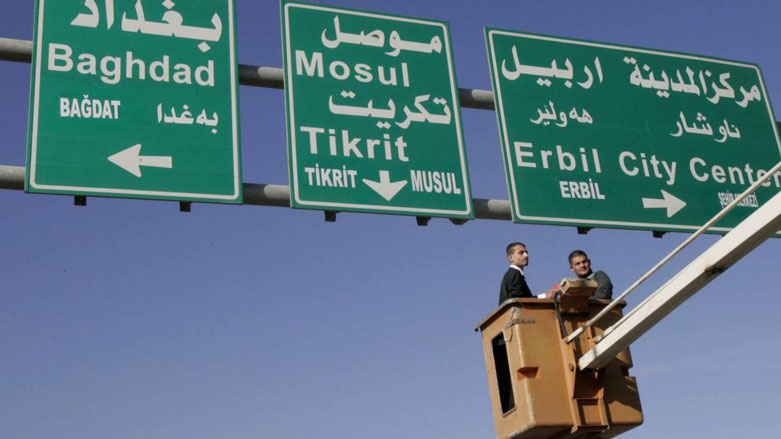IDPs not given deadline to leave Kirkuk: KRG spokesperson

ERBIL, Kurdistan Region (Kurdistan24) – A spokesman for the Kirkuk Security (Asayish) Department on Sunday denied allegations made by Human Rights Watch (HRW) that the Kurdistan Regional Government (KRG) authorities in Kirkuk are forcing internally displaced Turkmen to leave the city.
Following a report from HRW accusing KRG forces of harassing Turkmen and attempting to make them leave the city forcibly, Kirkuk Asayish spokesman Hemin Tahsin refuted claims the Turkmen minority were being targeted.
“[Refugees] are not classified by nationalities, and all nationalities are equally provided with services,” Tahsin’s statement read.
“There have not been such things as a deadline for refugees to leave Kirkuk, especially Sunni Turkmen as there has not been any discrimination or ill-treatment of sorts against any religions or ethnicities,” the report continued.
According to a decision by Kirkuk officials and the Iraqi Council of Ministers, Internally Displaced Persons (IDPs) whose areas have been liberated for months are assisted to return to their homes so those areas can be rebuilt.
Tahsim added that “half a million IDPs have remained in the Kirkuk Province, most of which are from Salahaddin Province and are unwilling to return.”
He said the influx of displaced people creates a “huge burden on the Kirkuk Province to provide services for the population and refugees.”
In response to other allegations in the HRW report related to IDPs in Kirkuk, the spokesperson mentioned some of the measures taken to protect those displaced from discriminatory and unlawful treatment, such as the creation of a security committee.
Committee members include the Governor of Kirkuk as head of the group; the Deputy Governor, who is a Sunni Arab; the Provincial Police Director, who is Kurdish, and the city’s Police Director, who is Turkmen.
Other members include two Intelligence Directors—one who is Shia Turkmen, the other a Sunni Arab—and Asayish members from both major Kurdish parties.
“All decisions are jointly issued, including decisions related to the arrest of suspects,” Tahsim explained.
Following the emergence of IS in northern Iraq in June 2014, thousands of Iraqi people were displaced to different parts of the country while Kirkuk alone received about 500,000 IDPs.
Editing by Karzan Sulaivany
